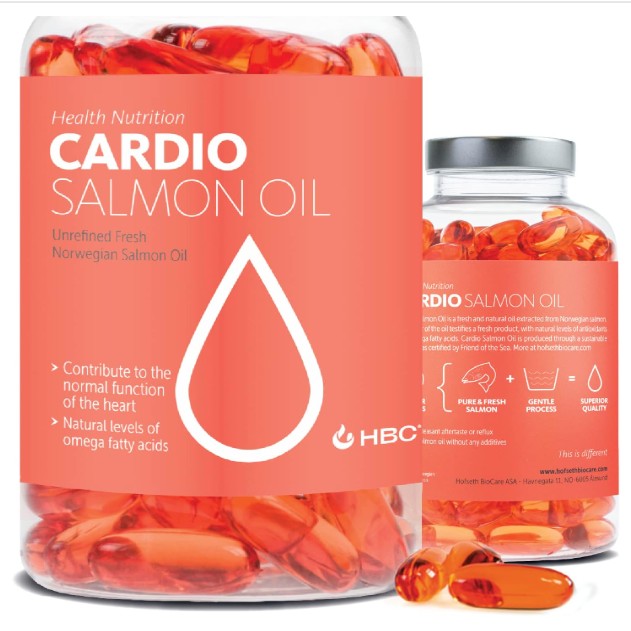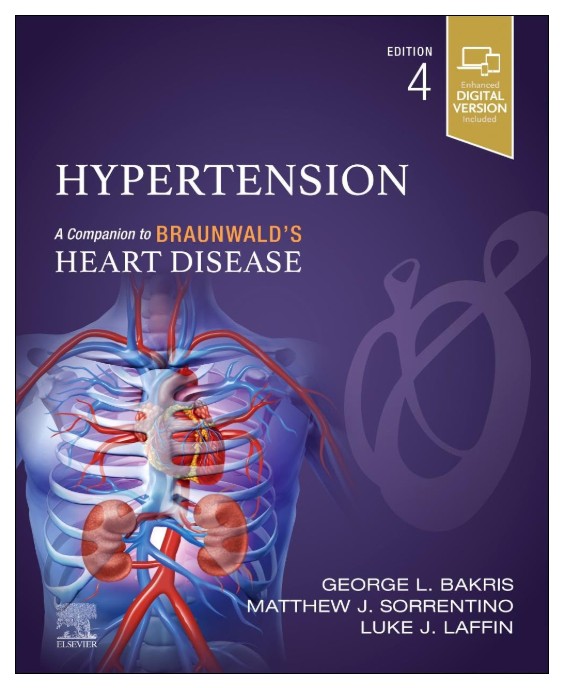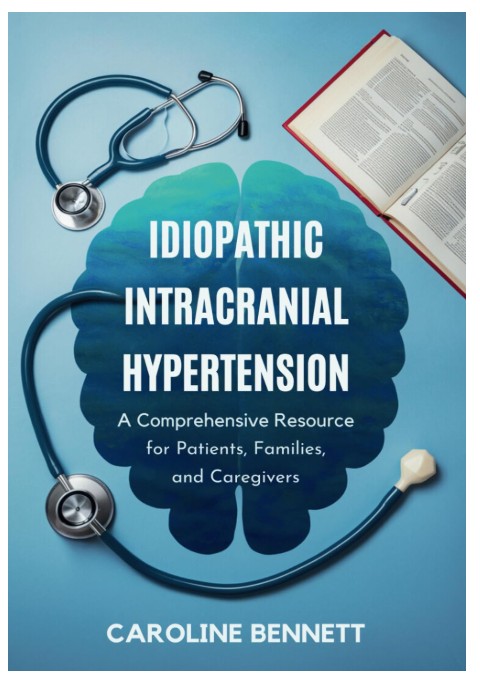Hypertension, also known as high blood pressure, is a common condition that affects millions of people worldwide. It is a serious health concern because it can lead to many life-threatening complications if left untreated. One such complication is kidney disease. Research has shown a significant link between hypertension and kidney disease, and understanding this connection can be crucial for effective prevention and treatment.
Hypertension occurs when the force of the blood against the artery walls is too high. This increased pressure can damage the blood vessels throughout the body, including those in the kidneys. The kidneys play a vital role in maintaining overall health by filtering waste and excess fluids from the blood. However, they rely on a network of delicate blood vessels to perform these functions. When these vessels are damaged due to hypertension, it can lead to kidney disease.
Kidney disease refers to any condition that impairs kidney function. Hypertensive nephropathy is a specific type of kidney disease caused by long-standing high blood pressure. In this condition, the nephrons – tiny filtering units within the kidneys – become damaged, causing them to lose their ability to effectively filter waste from the bloodstream.
Moreover, hypertension and kidney disease share a bidirectional relationship; each can be both a cause and effect of the other. High blood pressure can damage kidneys over time leading to kidney disease, while impaired kidneys may fail to regulate blood pressure properly which results in hypertension.
The link between hypertension and kidney disease highlights the importance of early detection and management of high blood pressure. Regular screenings for hypertension are essential as it often has no noticeable symptoms until significant damage has been done.
Management strategies for those with hypertension include lifestyle modifications such as adopting a healthy diet low in salt and processed foods, regular exercise, maintaining a healthy weight, limiting alcohol consumption and quitting smoking if applicable. Medications may also be prescribed by healthcare professionals depending on individual circumstances.
In cases where hypertensive patients have developed kidney disease, treatment will focus on controlling blood pressure and slowing the progression of kidney damage. This often involves the use of medications that lower blood pressure and protect the kidneys, such as angiotensin-converting enzyme (ACE) inhibitors or angiotensin II receptor blockers (ARBs).
In conclusion, there is a strong link between hypertension and kidney disease, with each condition having the potential to exacerbate the other. The key to breaking this cycle lies in early detection and effective management of high blood pressure. By keeping blood pressure levels under control, it’s possible to reduce the risk of kidney disease and other serious health complications associated with hypertension. Regular check-ups with healthcare providers are crucial in monitoring blood pressure levels and ensuring overall health.



